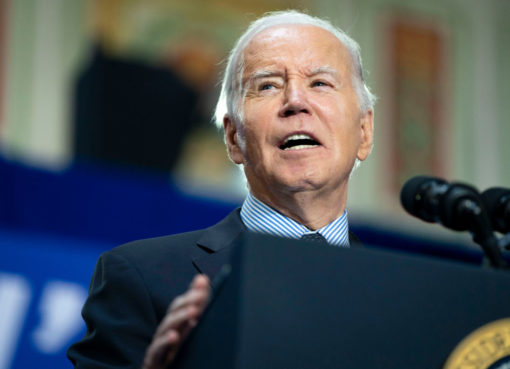- An unlikely alliance between Syria and Libya could usher a new paradigm in the Middle East against Turkey’s wishes.
- Once again, oil prices hang in the balance.
- Gulf Arab producers are having a hard time keeping oil prices from falling now that Russia has reportedly backed away from production cuts.
Tensions in the Middle East are reaching a tipping point again as Turkey ups its offensive on northern Syria. The open declaration of war on Syria by Turkey’s Erdogan regime has ushered an unlikely alliance in the Middle East and North Africa (MENA) region.
As always, oil prices hang in the balance.
Libya and Syria: An Unlikely Alliance
After decades of reining in its its military ambitions, Turkey has opened up at least two battle fronts in the MENA region.
While Turkey’s assault on northern Syria gets much of the attention, Ankara has also been involved in Libya – the oil-rich North African nation that was destroyed by NATO.
On Jan 2, Turkey’s parliament approved a bill to send troops to Libya to support the U.N.-recognized government in Tripoli. Turkish soldiers began arriving in Libya a few days later.
Turkey’s presence wasn’t welcomed by the the self-proclaimed Libyan National Army or its commander Khalifa Haftar. LNA has been actively killing pro-Turkey mercenaries, downing Ankara’s drones and destroying its air defense systems situated in the country.
As Jason Ditz of Antiwar.com reports, the LNA’s adjoining government has entered into a memorandum of understanding with Syrian President Bashar al-Assad to “confront Turkish aggression.”
It just so happens that Libya will reopen its embassy in Damascus for the first time since 2012.
Khalifa Haftar exerts tremendous control over Libya’s eastern ports, which land in the coveted “oil crescent” part of the country. Haftar and his backers are more than capable of shutting down more than half of of Libya’s crude production.
According to Ditz, Libya may hold the key to Syria’s eventual rapprochement with the Arab world given that much of the region supports LNA.
That’ll be a tough sell, though, given Arab involvement in the Syrian war. Countries like Saudi Arabia, Qatar and the United Arab Emirates supported a myriad of “rebel” groups in their quest to topple Assad’s government.
Nevertheless, President Assad received a boost from UAE when, in December 2018, it reopened its embassy in Damascus for the first time since the war erupted.
Arab Producers Have Their Own Problems
Oil prices plunged into bear market last month over repercussions of the rapidly-spreading coronavirus.
Saudi Arabia and its oil-producing allies have been at odds over how to re-balance the market after Russia backed out of a plan to curb supplies by up to 1.2 million barrels per day. According to The Wall Street Journal, Russia has told members of the Organization of Petroleum Exporting Countries (OPEC) they should maintain current quotas through the second quarter.
The coronavirus pandemic is expected to knock out 2.1 million barrels per day in crude demand through the first half of 2020, according to Goldman Sachs. So even if OPEC+ went ahead with the planned cuts, the measures wouldn’t be enough to re-balance the market.
The West Texas Intermediate (WTI) benchmark for U.S. crude futures declined by as much as 1.1% on Wednesday, reaching an intraday low of $46.65 a barrel.
Brent crude, the international futures benchmark, was off by as much as 1.6% to trade at a low of $51.04 a barrel.
This article was edited by Josiah Wilmoth.
Last modified: March 4, 2020 8:33 PM UTC




